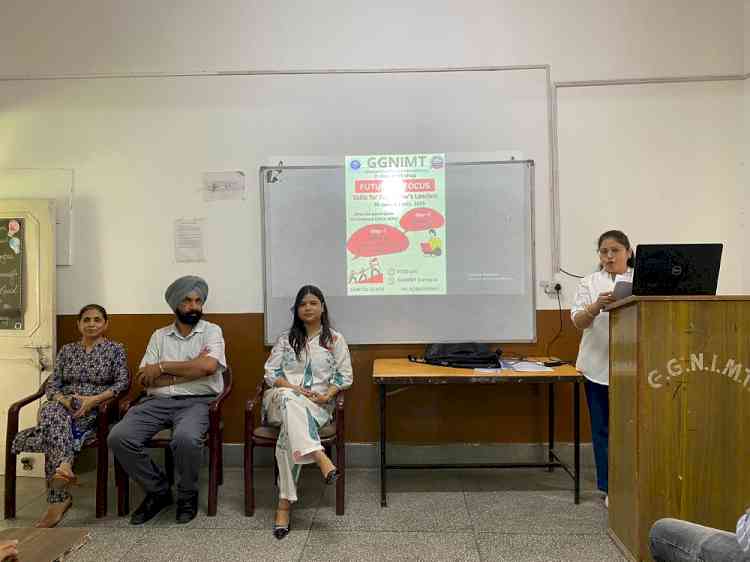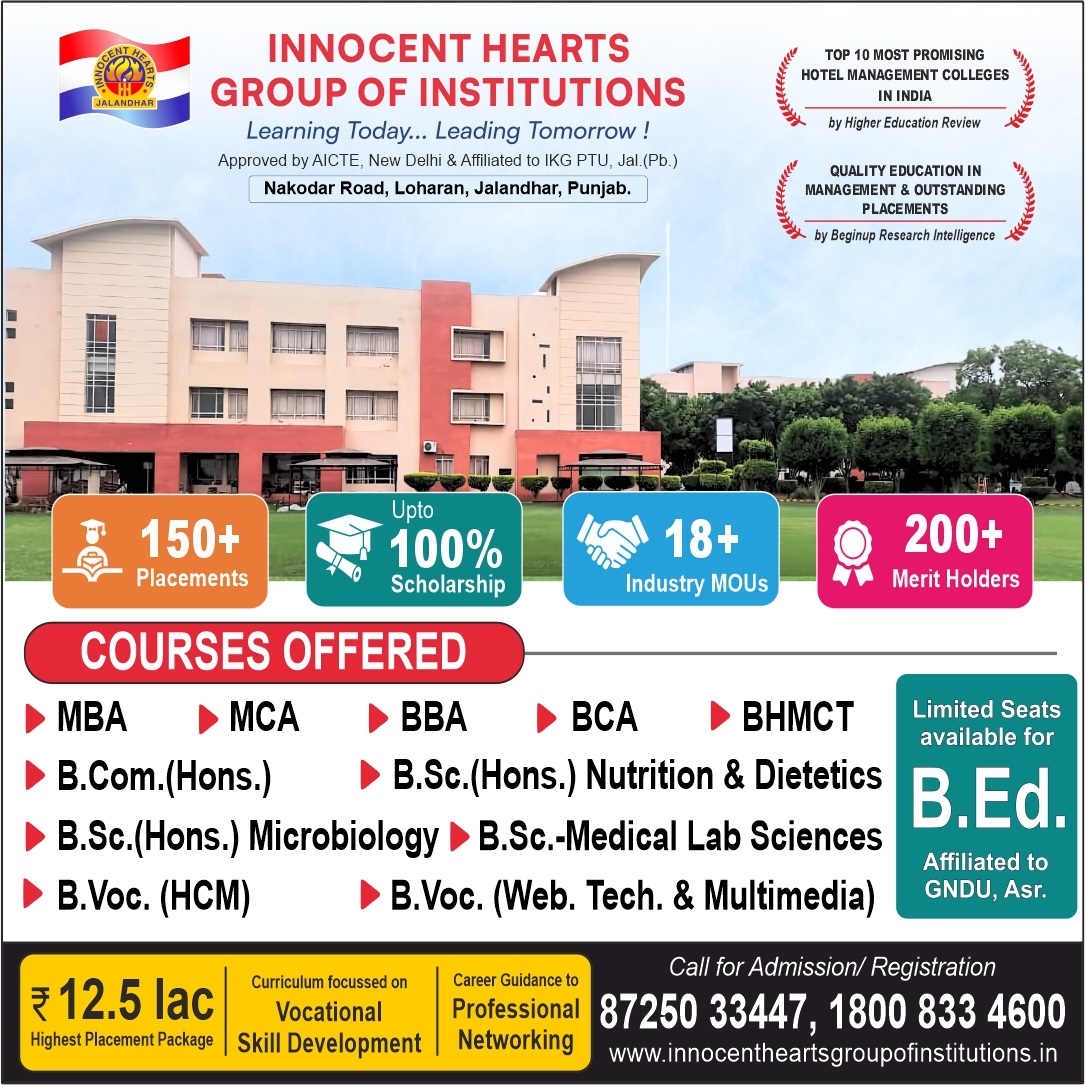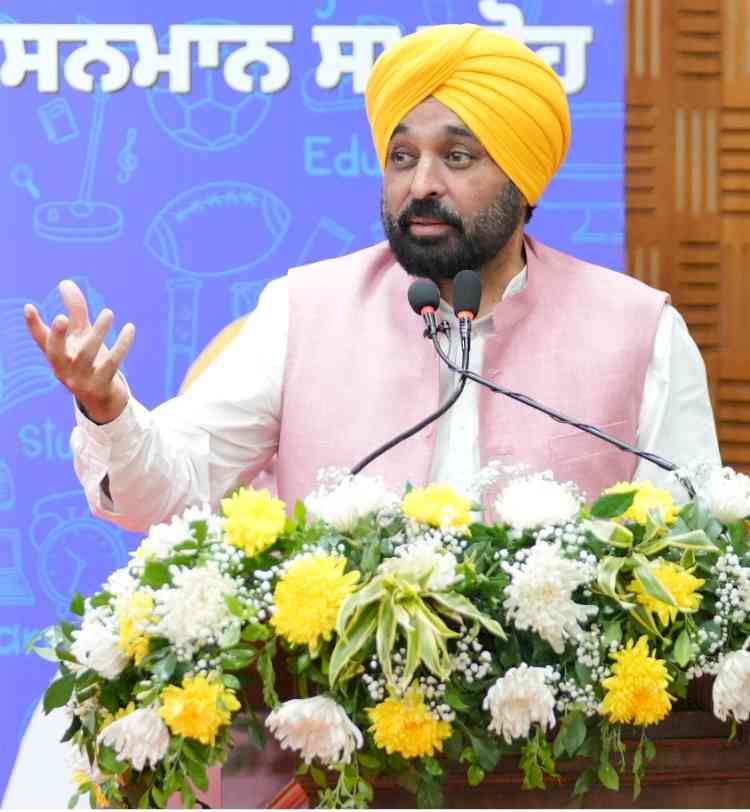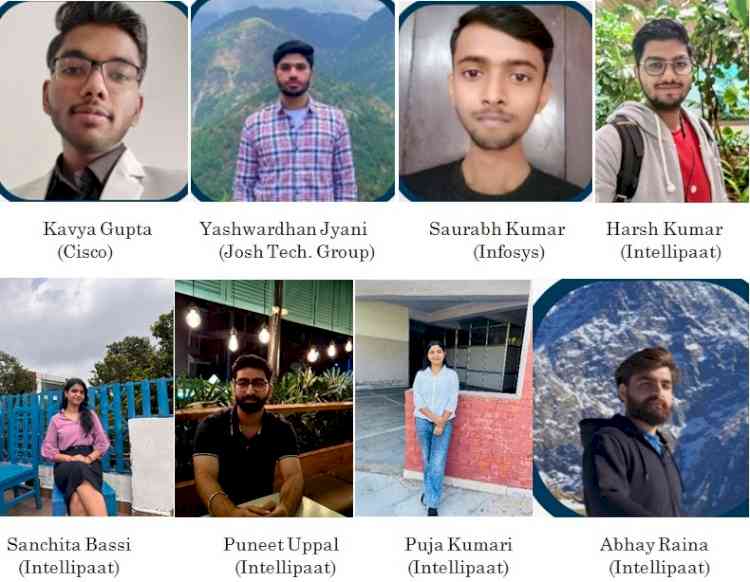Effects of Music on the Brain
Author(s): City Air NewsHumans have existed for generations along with music. Music is similar to language in many ways, in it being complex and rule-governed. But not many people become proficient in this art form, and so for many years...

Humans have existed for generations along with music. Music is similar to language in many ways, in it being complex and rule-governed. But not many people become proficient in this art form, and so for many years the effect of music on the brain was not really studied.
However, in the last decade or more, there has been significant research on the effects of music on the brain. The studies include investigating cognitive and emotional aspects of the human brain (neurosciences) that music can affect, and thereby also the positive effect on human behaviour.
All these studies demonstrate that music is a powerful tool - it can alter the brain across lifespan, both in response to training and after recovery from brain injury, and helps foster mental health and wellbeing.
On these very lines, a recent talk by Dr.Vinoo Alluri at IIIT-Hyderabad discussed some of the on-going projects on emotional engagement in music in a cross-cultural context that allow folks to compare Indian and Western listening strategies and associations. She shared results of a previous cross-cultural study on the perception of Indian popular music excerpts to identify universal patterns and culture-dependent differences.
On one side, music is by definition, inherently spiritual with healing properties; this sharpening of temporal processing has displayed visible enhancements in an individual’s reading and verbal memory irrespective of their cultural exposure and experience.
On the other side, music is today being seen as a successful physiological and medical method for treating diagnoses such as dyslexia, autism, post-traumatic stress disorder, dementia, stroke, NICU infants, language acquisition, pain management, stress and anxiety, coma, and many more conditions.
Neuroimaging done in the past on adult musicians have revealed significant lasting changes in the brain throughout an individual’s lifetime. Neuroimaging or brain imaging is the use of various techniques to either directly or indirectly image the structure, function/pharmacology of the nervous system. It is a relatively new discipline within medicine, neuroscience, and psychology.
A few neuroimaging research studies have shown that children who undergo musical training have better verbal memory, reading ability, language pronunciation skills, and highly developed executive functions. Music also helps them feel motivated, leading to higher academic performance and IQ in children, and the impact lasts even in their adult life.
A summer school on neuroimaging will be held at IIIT- Hyderabad from 16 - 20 July 2017. It will introduce the analysis of neuroimaging data with hands-on tutorials. Students will be familiarised with the basic concepts in neuroimage processing, brain volume estimation, brain state decoding and network analysis of structural and functional brain graphs. Applications of the state-of-the-art statistical and machine learning techniques to address open research questions in neuroimaging and cognitive neuroscience will also be covered.
Speakers at the summer school from across the country will be covering various topics on neuroimaging. Apart from the faculty of IIIT-Hyderabad, there will also be speakers from Centre for Behavioural and Cognitive Sciences (CBCS), University of Allahabad; National Brain Research Centre (NBRC), Manesar; IIT Gandhinagar, IIT Guwahati, and National Institute of Mental Health and Neuroscience (NIMHANS), Bangalore.
Of the 200 applications from students, faculty, postdoctoral researchers and industry professionals that were received for the summer school,only 120 participants have been selected. The workshop is geared toward giving practical experience with datasets from the global big data projectssuch as the Human Connectome Project (HCP), 1000 Functional Connectomes Project (FCP), the Autism Brain Imaging Data Exchange (ABIDE), Alzheimer's Disease Neuroimaging Initiative (ADNI), and the Cambridge Centre for Ageing and Neuroscience (Cam-CAN) project.


 cityairnews
cityairnews 











